Edge and Chrome's Web Monetization might soon make users pay money when they browse the Internet
The feature is still in early development, but it could be released soon.
4 min. read
Published on
Read our disclosure page to find out how can you help Windows Report sustain the editorial team. Read more
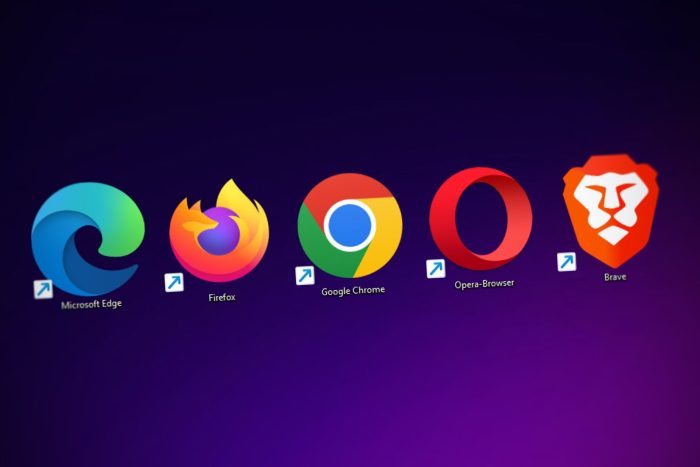
In a wild turn of events, Chromium-based browsers, such as Microsoft Edge, Google Chrome, and many others, might soon be able to make users pay money every time they browse the Internet. How would they do that, you might ask?
Well, the Chromium team is developing a feature, web monetization, according to a report made by The Register. A deeper investigation reveals that this indeed is true, as the Chromium teams intend to prototype the concept, as seen in a series of emails.
Web monetization would require the user to set up a wallet on Edge, and Chrome (both browsers have this option already), and sites condoning this capability would automatically start a monetization session from the moment users start engaging with their content.
Web Monetization is a web technology that enables website owners to receive micro payments from users as they interact with their content. It provides a way for content creators and website owners to be compensated for their work without relying solely on ads or subscriptions. Notably, Web Monetization offers two unique features—small payments and no user interaction—users are paying/tipping for the content while they consume it. It extends the HTML <link> element by introducing rel=”monetization”. When this element is incorporated into a web page, it signifies the website’s support for web monetization. If a user has their wallet set up for a particular website, their browser will automatically start a web monetization session, enabling direct payments from the user to the website.
Aside from the microtransactions done through the Web monetization capability would also allow Chromium-based browsers to enable optional, or voluntary user contributions, such as tips, directly to the creators of the content.
Alexander Surkov, a software engineer at Igalia, a consultancy community that collaborates with Chromium on this feature, released an extensive document on Web monetization, describing the feature, the ideas behind it, and the way it would work. It can be read in its entirety here.
Web Monetization on Chromium-based browsers: Would it work?
First and foremost, it’s worth mentioning that Web monetization would be somehow optional. Users will have the option to manage this feature from the browser’s settings page, enabling or disabling it for specific sites, or even control the amount the sum to be paid.
Yes, you read that right. Payment would be customized, and users would be able to choose a sum to pay when visiting sites.
On the browser side, Web Monetization is managed through browser settings. The settings allow users to specify their preferred wallet (or web monetization provider) and set per-website preferences, including enabling or disabling automatic monetization for specific websites, as well as a custom payment rate. The users can also configure multiple wallet addresses as desired, just as they store credit card information within a browser.
As the document explains it, Web Monetization existed before in different forms. A previous version, Coil, existed for a while, but it ceased its activity, apparently.
The document goes into detail explaining that while Coil’s limitations were its designs and fixed monetization sum, Web Monetization addressed these limitations by coming up with an integrative design that wouldn’t impact the browser experience while keeping the monetization sum customizable for users.
The idea would work, and it could be a solution for the rising ads appearing on sites everywhere. As users actively pay for the browsing session, there would be no need to run ads on sites again. Its intuitive approach to design and seamless integration with different Chromium-based browsers are also points to take into consideration.
However, on the other hand, the whole concept would open discussions on the openness of the Internet and free access to information. While Web Monetization could somehow keep everything optional, it would become harder to access the Internet for free, and ultimately, a lot of sites could end up implementing it in a mandatory way.
At least ads are still letting us access information for free.
But what’s your take on this? Do you see it working or not? Would you pay to browse the Internet, or should the Internet remain free?

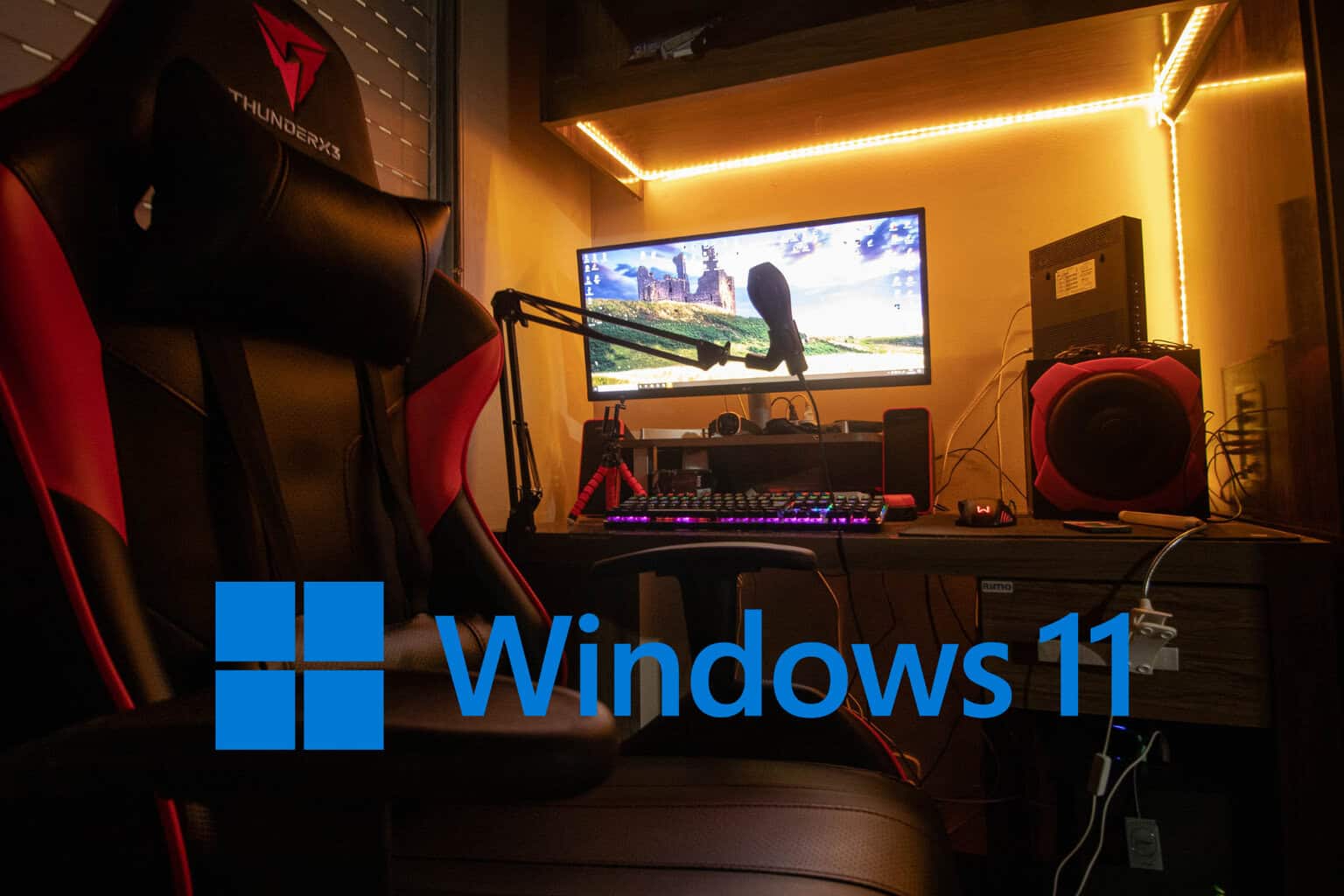
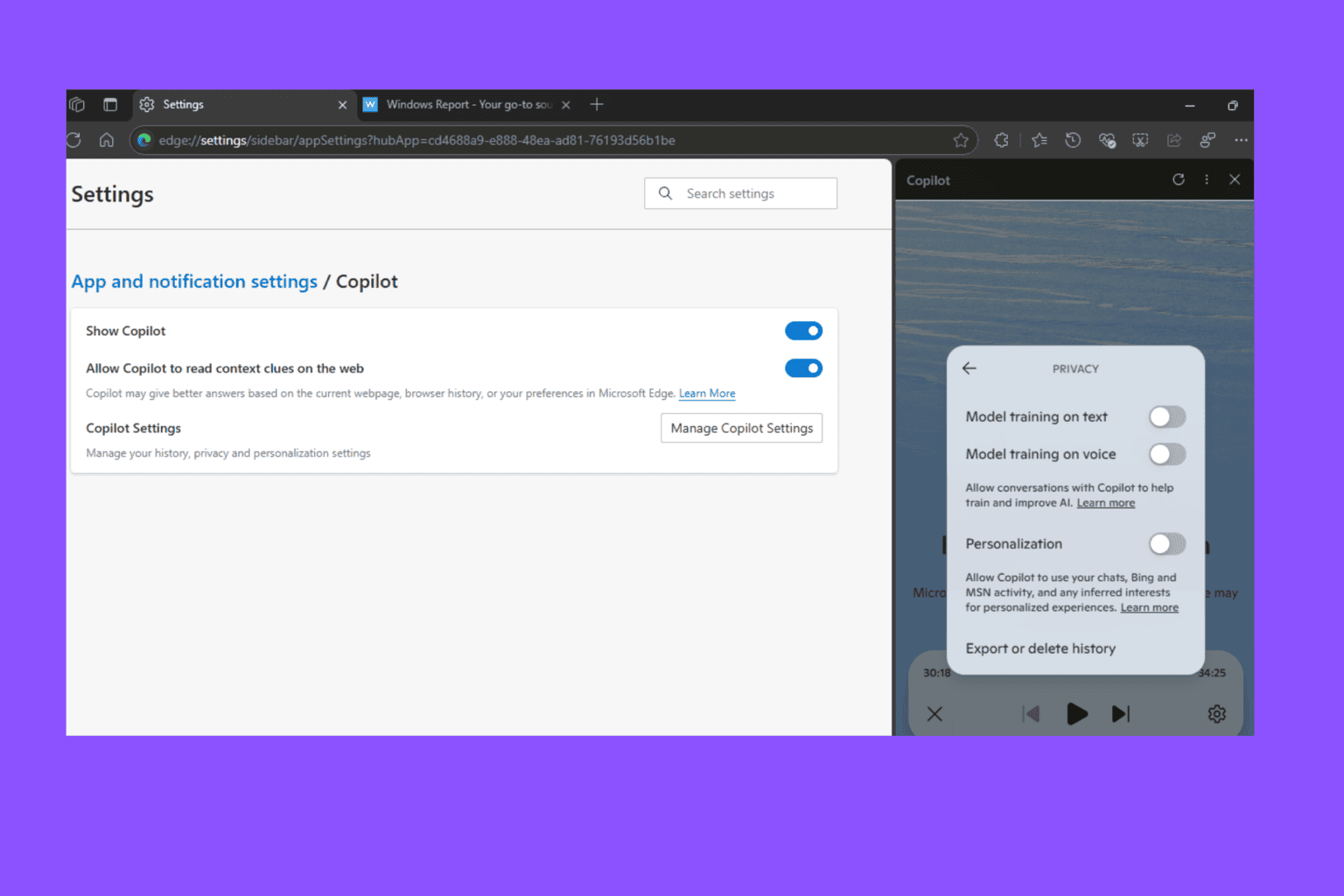
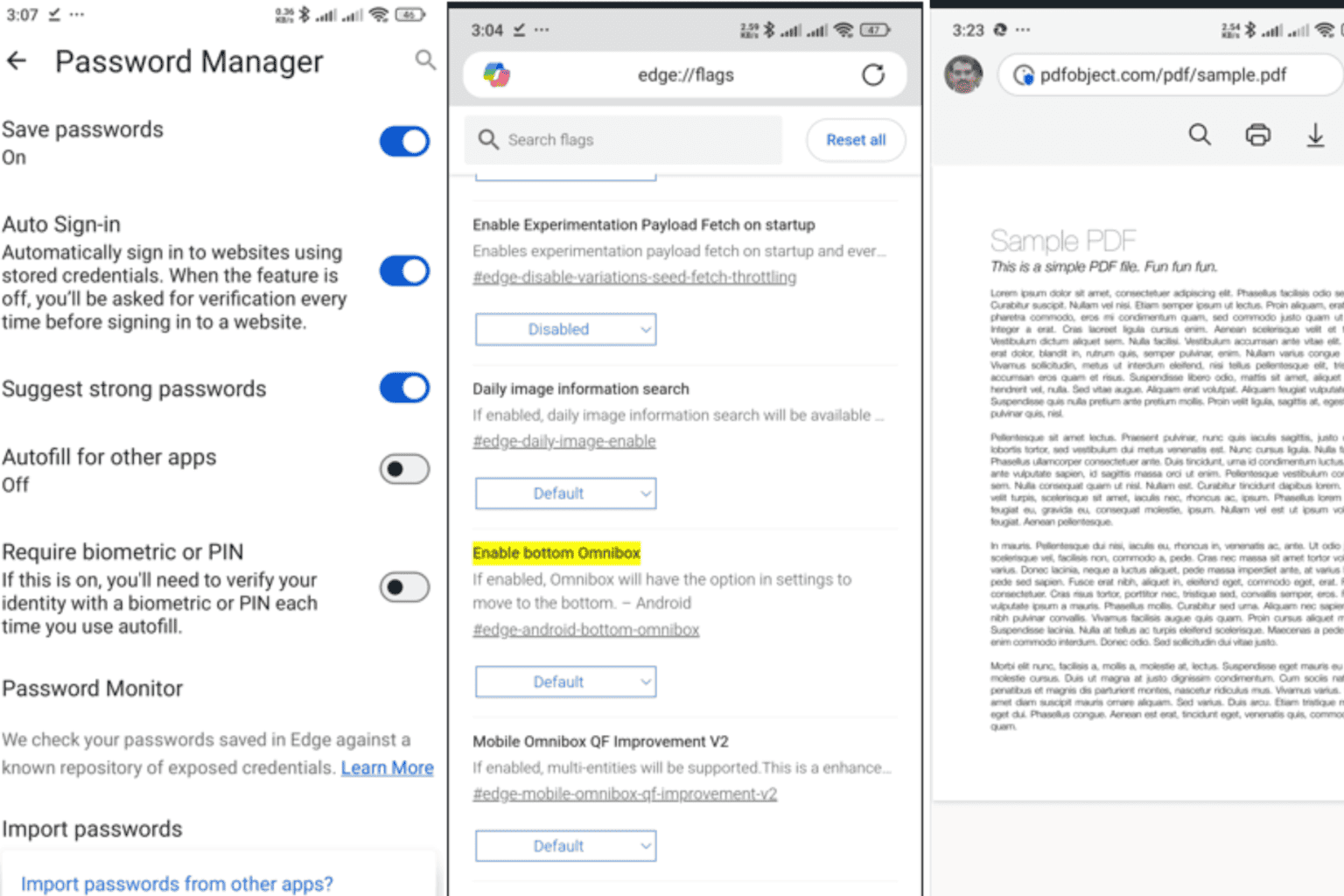
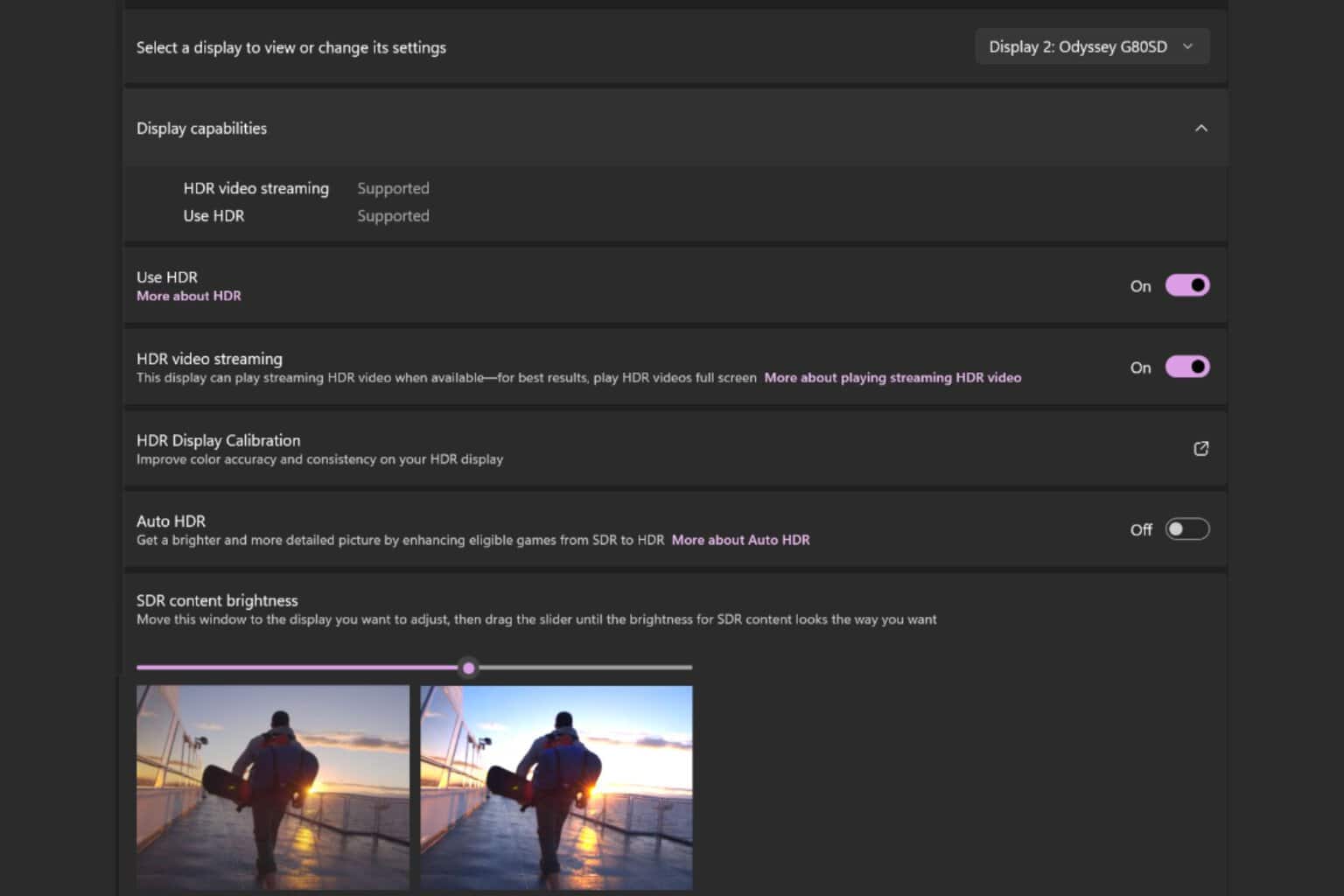
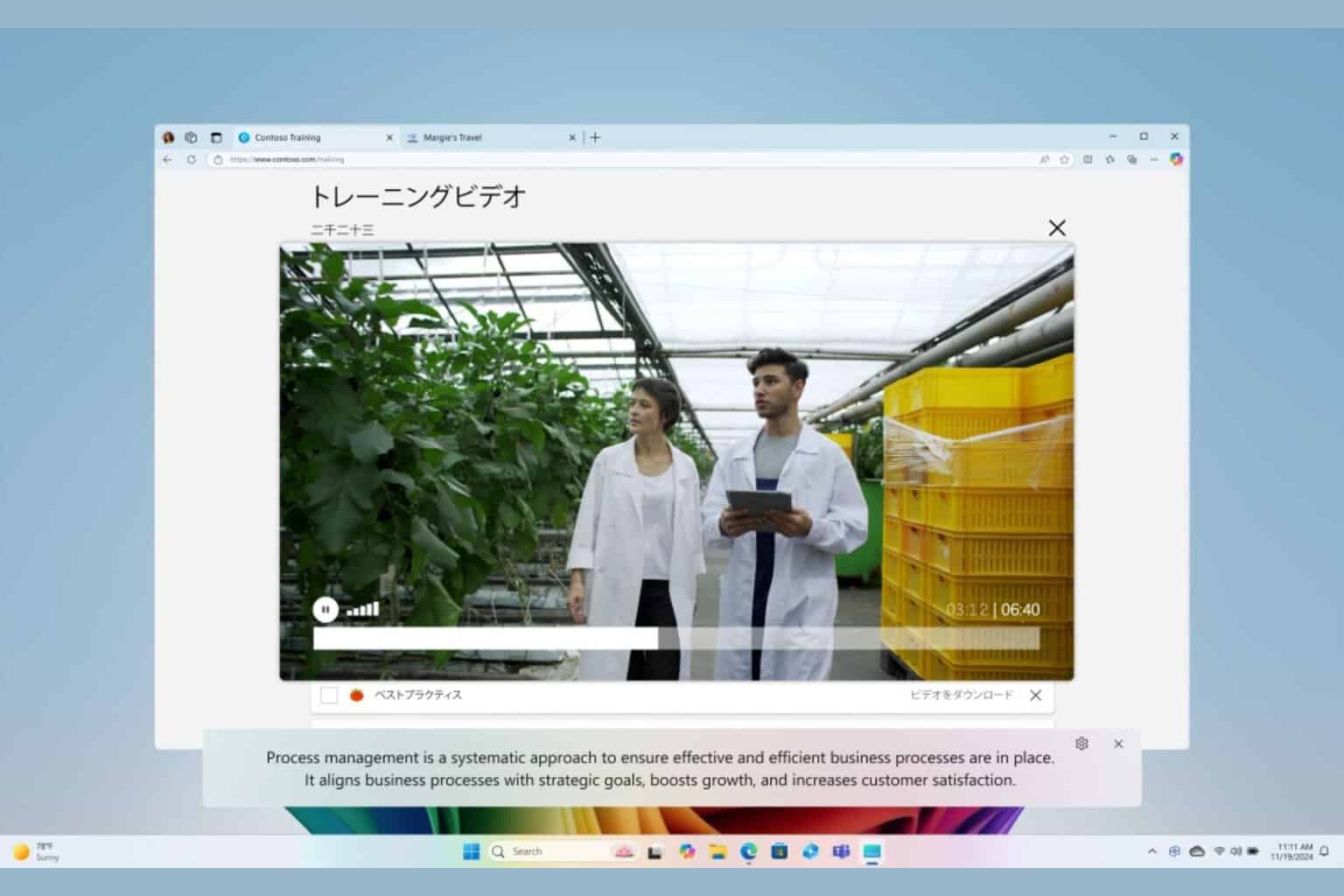
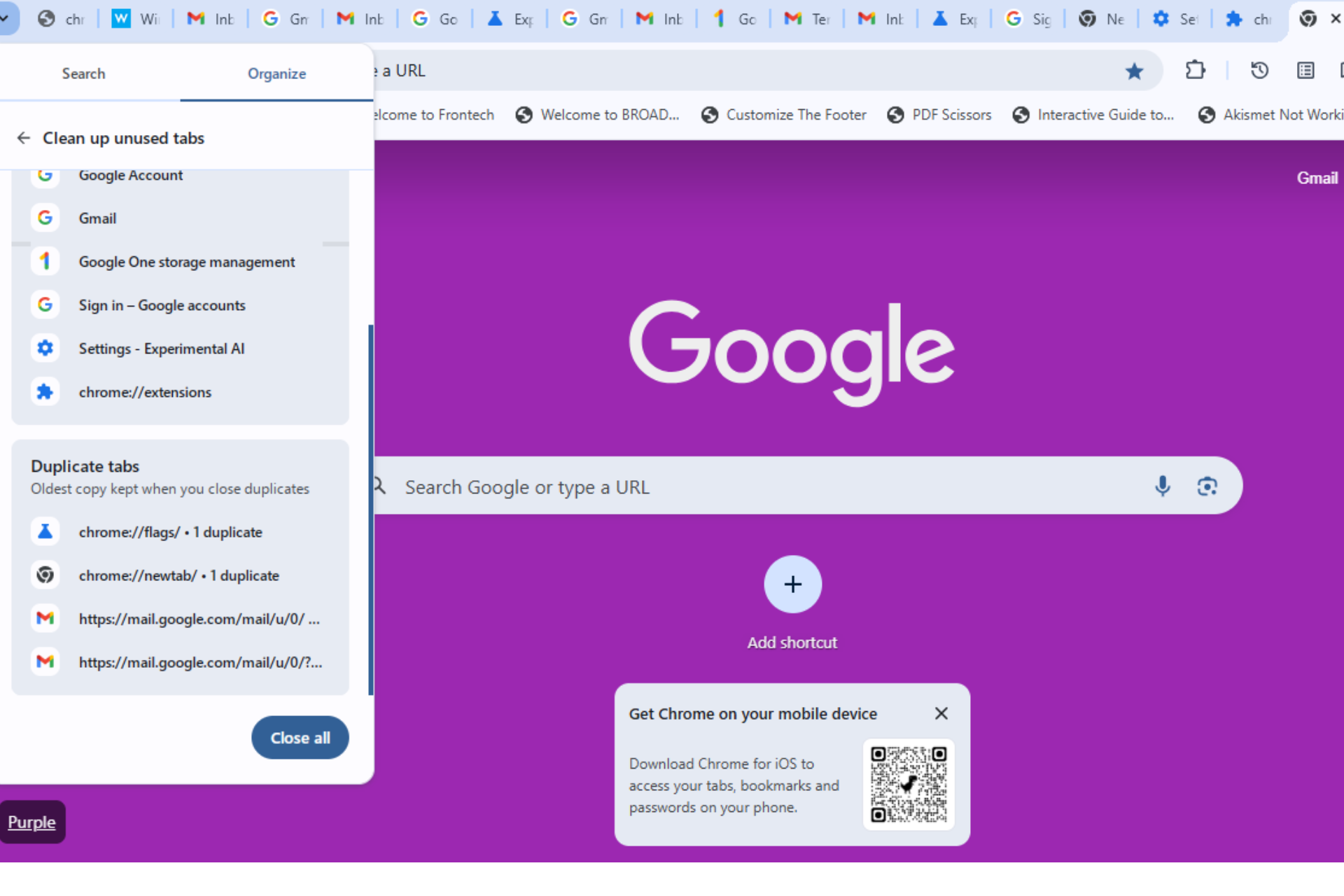
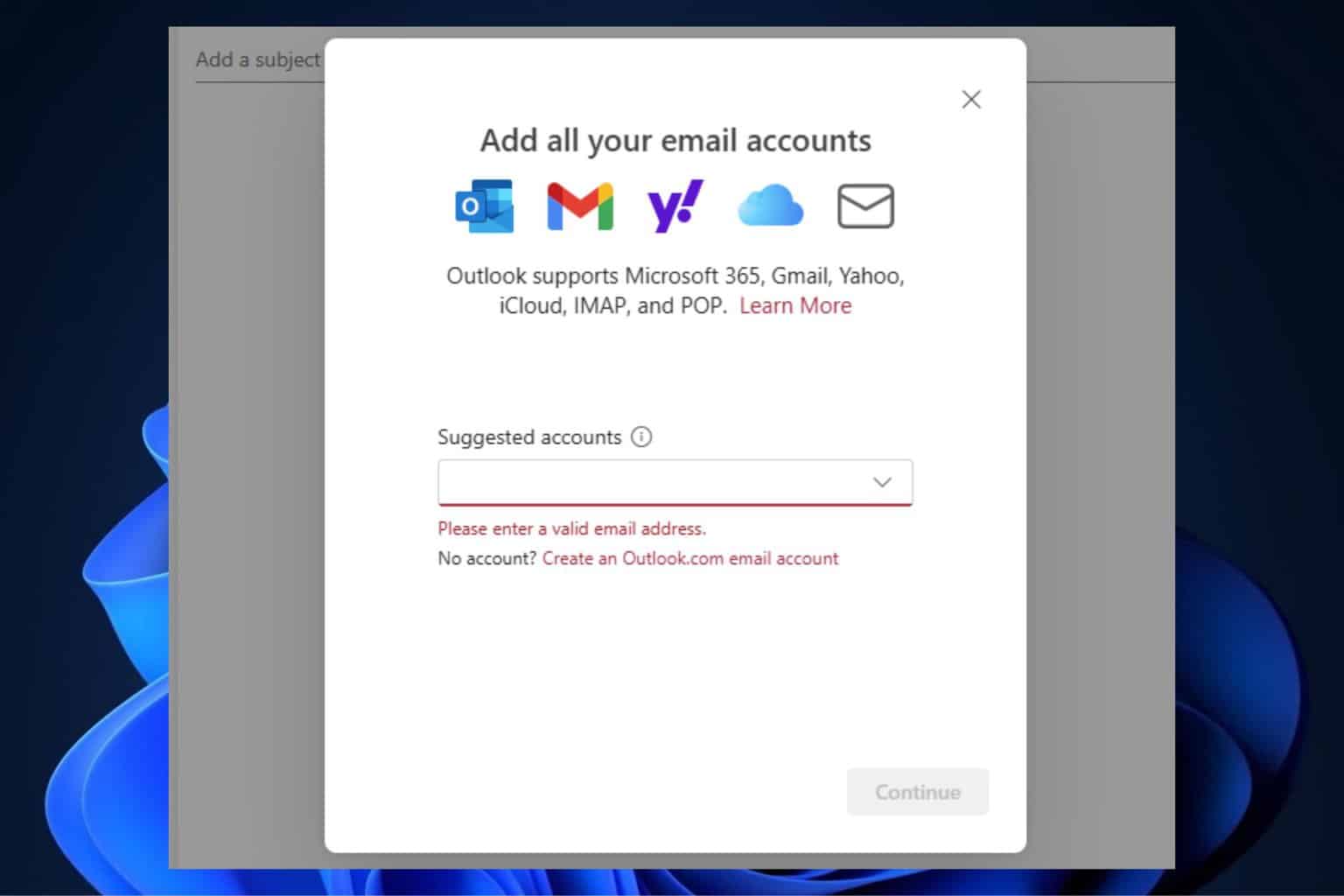
User forum
0 messages